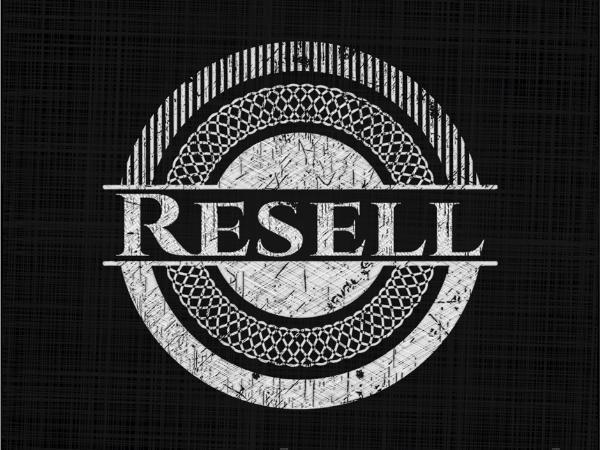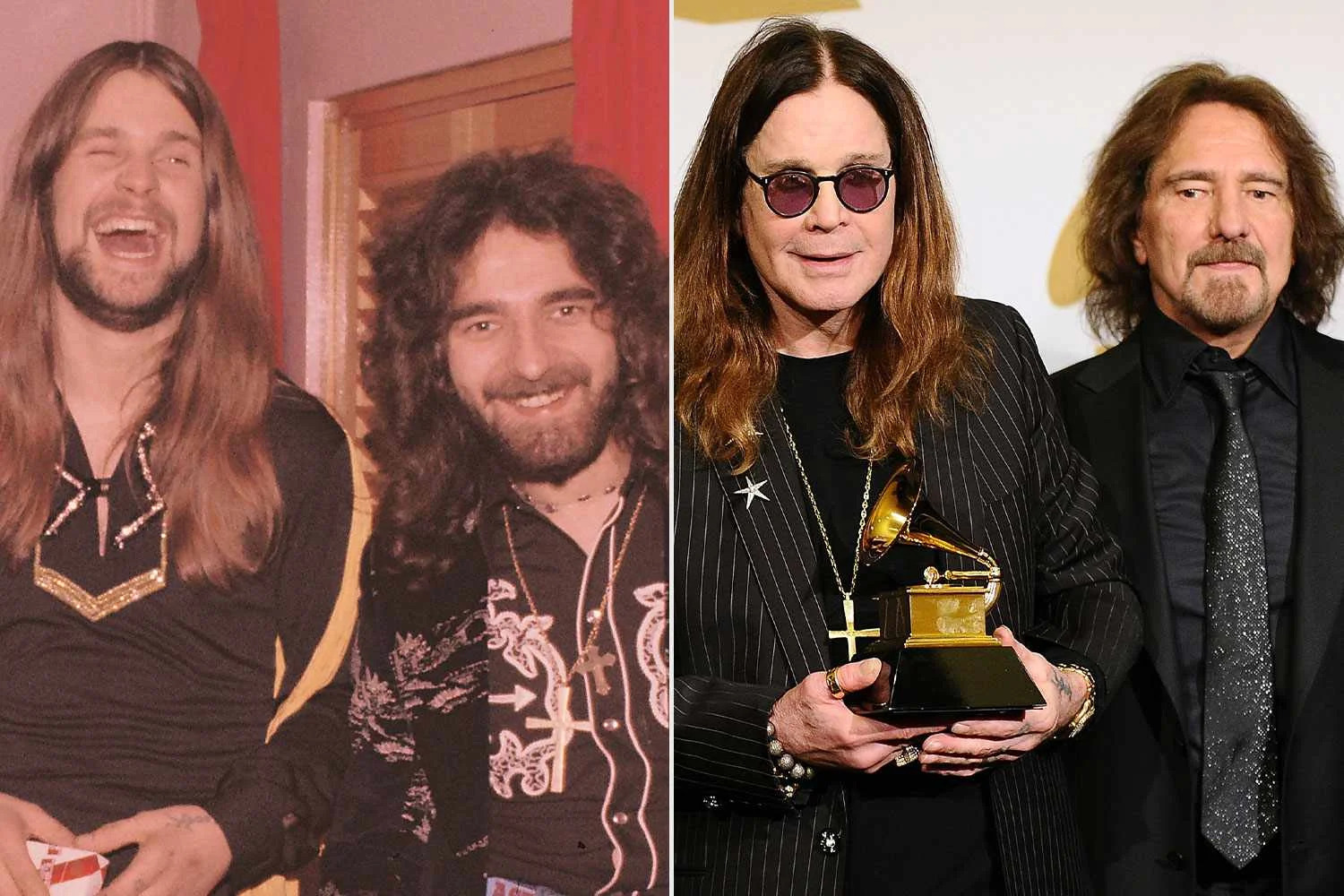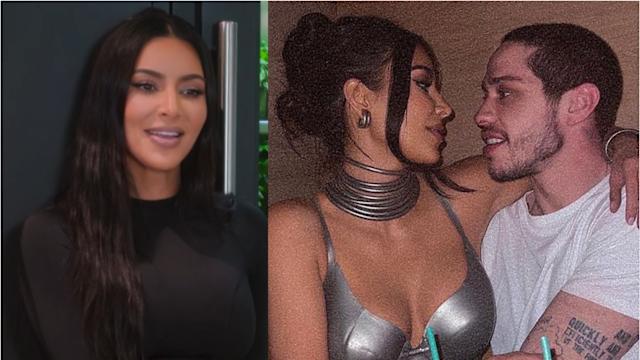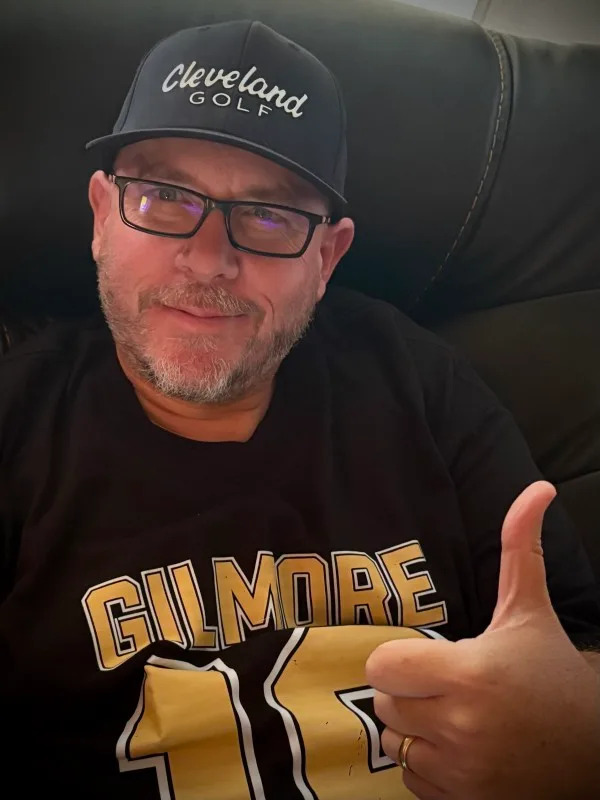Taylor Swift's master plan worked
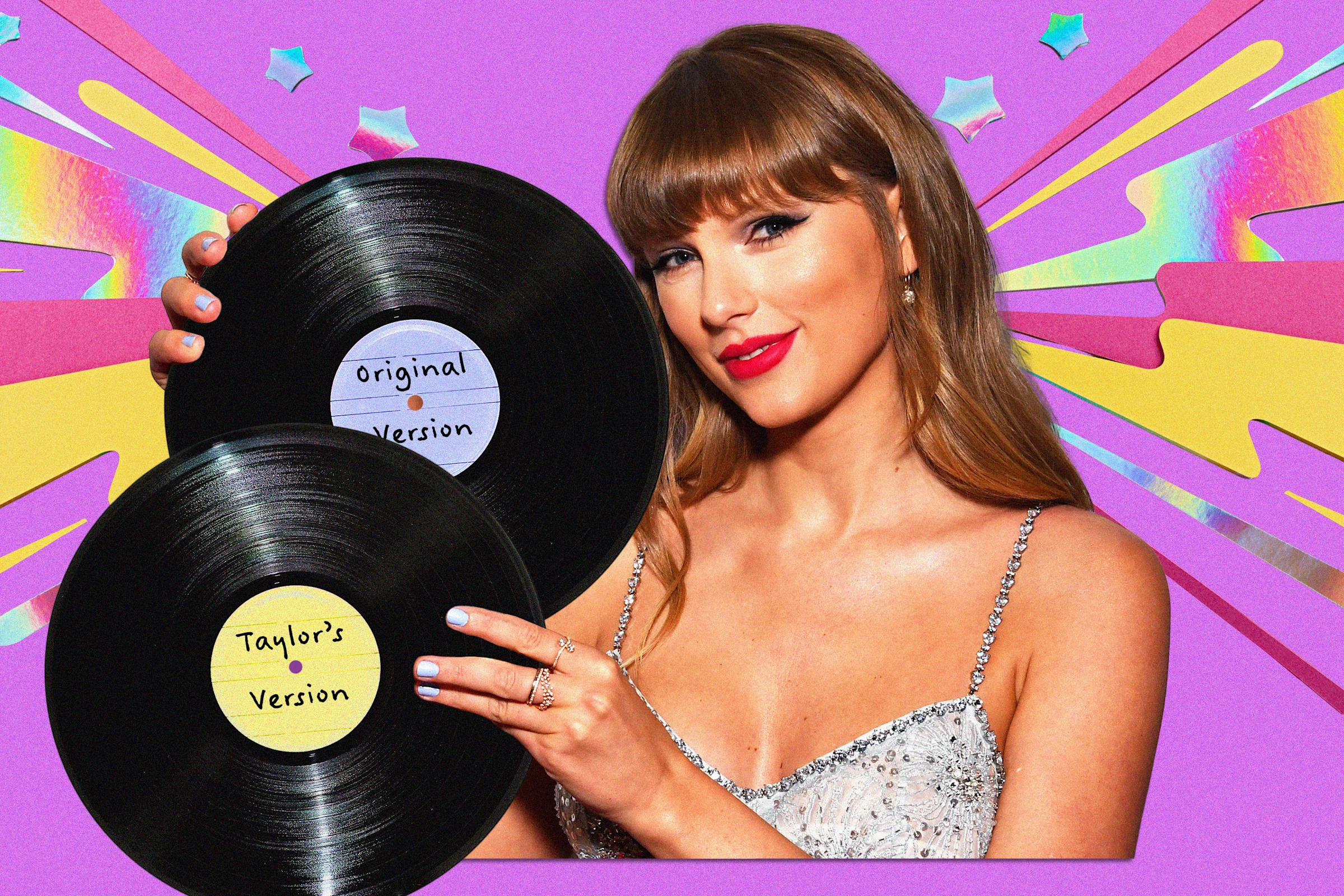
When news broke in May that Taylor Swift bought back the rights to the master recordings of her first six albums, her close friend and producer Jack Antonoff posted of video of himself and Swift lip-syncing together to "Getaway Car" from her 2017 album Reputation — the only album she is yet to completely rerecord — writing, "rep forever guilt free listening!”
One week after Swift announced the purchase, the album landed in the top five of Billboard’s 200, and its Spotify streams jumped 175%. Meanwhile, streams of the original version of Speak Now, released in 2010, spiked 430%, and streams for Swift’s debut self-titled album from 2006 rose 220%.
“It was a full boycott for a long time,” Chelsea Tanagretta, a 40-year-old Swiftie from San Diego tells Yahoo of her decision not to listen to Reputation.
AdvertisementAdvertisement#_R_8lokr8lb2mav5ubsddbH1_ iframe AdvertisementAdvertisement#_R_glokr8lb2mav5ubsddbH1_ iframeSo the moment Tanagretta found out that Swift was the proud owner of her original recordings, she hit play on “Dress,” her favorite song from the album. It felt like a win for both Swift and Tanagretta.
“It’s like watching your friend achieve their ultimate goal,” she recalls. “It was a very proud moment.”
Tanagretta is among millions of Swift fans who stopped listening to the original albums after Swift encouraged them to embrace her Taylor’s Versions instead. Swift launched these rerecordings to reclaim control of her first six albums from Scooter Braun, her longtime industry rival, who gained ownership of her catalog when he acquired her former record label, Big Machine, in June 2019.
Swift, who once accused Braun of “incessant, manipulative bullying” in a widely circulated Tumblr post described losing control of her masters as her “worst-case scenario.” By rerecording and releasing her music in the form of Taylor’s Versions, Swift intended to reclaim ownership and diminish the financial worth of Braun’s acquisition. Swifties quickly rallied behind her, turning their streaming choices into a gesture of solidarity.
AdvertisementAdvertisement#_R_9dokr8lb2mav5ubsddbH1_ iframe AdvertisementAdvertisement#_R_hdokr8lb2mav5ubsddbH1_ iframeNow that Swift owns her masters outright, those same fans are confronting a new listening landscape, one that’s no longer about choosing sides in a feud, but about navigating a doubled catalog, shifting habits, and what, if anything, ethical consumption means now.
‘Clash of the titans’
Plenty of artists who preceded Swift have tried to get their fans to care about artists’ rights and the issue of ownership, including Prince and Van Morrison, music journalist Alan Light tells Yahoo. The English rock band Squeeze even rerecorded their top hits for a new album called Spot the Difference in 2010, only for a majority of their fans to say they much preferred the originals, Light says. In fact, no other musician who took up the issue of artists not owning their master recordings had much success rallying their fans to support their efforts, at least not compared to Swift.
That’s because Swift turned what might normally be considered a business dispute into an ethical debate, Paul Booth, a professor of media and pop culture at DePaul University, explains.
“She didn’t explicitly say, ‘Don’t stream the originals,’ but her messaging — especially around ownership and exploitation — created a moral framework that fans internalized,” he tells Yahoo.
AdvertisementAdvertisement#_R_a5okr8lb2mav5ubsddbH1_ iframe AdvertisementAdvertisement#_R_i5okr8lb2mav5ubsddbH1_ iframeLight agrees. “The fact that she played out the ownership dispute so publicly and so personally made it into this clash of the titans thing with Scooter Braun,” he says.
So even though the contract Swift signed with Big Machine Records — and the offer it made for her to earn back her masters — were standard for the industry, fans saw the whole debacle as deeply unfair to Swift and gladly took up her cause. To them, it wasn’t just business. It was personal — political, even.
“This felt like another example of corrupt and broken systems that cheat working people out of fair opportunities,” Mel Cairo, a 29-year-old Swiftie who works as a consultant in New York City, tells Yahoo. “Even the most powerful woman in the world, with all the money in the world, couldn’t escape it. If the system was fair, she could’ve bought her music back in 2019.”
‘A cause we all had a stake in’
Like Tanagretta, Cairo promptly stopped listening to the original versions of the six albums Swift did not own outright once Braun bought them — Taylor Swift, Fearless, Speak Now, Red, 1989 and Reputation — an experience she says was easy given how worthwhile and exciting Swift made the rerecordings. Each new album arrived packed with songs Swift had left off the original releases, and fans quickly embraced these so-called “vault” tracks, fueling frenzied debate over additions like the sprawling new 10-minute version of “All Too Well” from Red (Taylor’s Version) — released alongside an acclaimed short film Swift directed herself.
“She made it fun throughout the process. It almost felt like it was a cause that we all had a stake in,” says Cairo. For her, the hardest part of standing by Swift was having to forgo the raw vulnerability of the original Speak Now in exchange for the rerecording’s more polished and mature sound.
AdvertisementAdvertisement#_R_b9okr8lb2mav5ubsddbH1_ iframe AdvertisementAdvertisement#_R_j9okr8lb2mav5ubsddbH1_ iframeNow that Swift owns all her masters, though, Cairo is listening to the original Speak Now again and "appreciating it in new ways.” Otherwise, she gravitates toward the rerecordings because they are associated with more recent parts of her life. She especially enjoys 1989 (Taylor’s Version). “The vault songs are unreal,” she says.
Annie Marcum, a fellow Swiftie and a 32-year-old veterinarian in Kansas City, Mo., appreciates the rerecorded version of 1989 for the small ways it differs from its 2014 counterpart.
“I love how much more ’80s synthesizers she put in there to pay homage to that decade,” Marcum says. In fact, Marcum had so much fun listening to the new albums and detecting the subtle changes that only Swift’s most dedicated fans would pick up on, she didn’t even realize she’d lost the experience of listening to the originals.
 Taylor Swift performs onstage. (Kevin Winter/TAS24/Getty Images for TAS Rights Management)
Taylor Swift performs onstage. (Kevin Winter/TAS24/Getty Images for TAS Rights Management)Well, all of them except Reputation. Unlike Tanagretta, Marcum didn’t stop listening to the beloved record, and, despite what Antonoff implied in his X post, she doesn’t have any guilt about it.
AdvertisementAdvertisement#_R_c5okr8lb2mav5ubsddbH1_ iframe AdvertisementAdvertisement#_R_k5okr8lb2mav5ubsddbH1_ iframe“I did not feel bad about listening to Reputation and giving Scooter Braun a quarter or whatever it is,” Marcum says. She recognizes that at the end of the day, “what we’re really talking about is two billionaires fighting while some people can’t even put food on the table.” Some critics and fans couldn’t help but note the sheer excess of Swift’s campaign, pointing to the multiple color variants of each rerecording and an endless stream of exclusive merch that rolled out with each Taylor’s Version release. “Are we buying into capitalism at points? For sure. I’m under no false pretenses about that,” Marcum says.
Yet those very sales are what boosted the value of Swift’s rerecordings, undercut the value of the originals and ultimately enabled Swift to buy back her masters for $360 million. And Marcum views Swift’s victory as an important one for artists, if only because it exposed how unfair the music industry is to the actual musicians. “I know it’s the way of the world right now,” says Marcum, “but that doesn’t necessarily mean it’s right.”
For Marcum and others, Swift’s rerecording campaign remains a matter of right vs. wrong, of David taking on Goliath and fighting for the underdog, even though Swift bought her masters back and stands to profit massively in the end.
But that doesn’t matter to Cairo. She still values everything she learned about contracts and the music industry from the experience and views it as just one of several lessons Swift has taught her about ethical consumption. At the two Eras tour shows she attended, for instance, she made sure to buy the merchandise from opening acts Gracie Abrams and Paramore, respectively, because she remembered Swift saying earlier in her career how important merch sales are to new artists.
AdvertisementAdvertisement#_R_ctokr8lb2mav5ubsddbH1_ iframe AdvertisementAdvertisement#_R_ktokr8lb2mav5ubsddbH1_ iframeSwift helping her fans better understand how the music industry works and actually motivating them to care is nothing short of game-changing, says Light.
Even the pop star herself acknowledges the significance. In a letter she published on her website after news broke that she bought her “entire life’s work,” she wrote, “I’m extremely heartened by the conversations this saga has reignited within my industry among artists and fans. Every time a new artist tells me they negotiated to own their master recordings in their record contract because of this fight, I’m reminded of how important it was for all of this to happen. Thank you for being curious about something that used to be thought of as too industry-centric for broad discussion. You’ll never know how much it means to me that you cared.”
“For whatever reason, Prince was not able to do that,” Light says. “And if younger artists are signing smarter deals because of what came out of all this, that’s a significant impact.”



